It could be any of a number of reasons, of course. Ebooks are a crowded market, as self-publishing gets easier and easier. And a single book's sales don't tell the whole story: the more books you publish, the better your backlist will sell as satisfied readers look for other things you've written. And you're likely to sell more copies if you also have a print-on-demand option instead of only an ebook. And you might need to adjust your genre placement in Amazon, or your book summary, or your cover. But there might be another reason.
Maybe your book just isn't that good.
"Wait, no!" I hear you saying. "I was by far the best writer in school, and I slaved over this book for more than a year. It's the story that was burning to get out of me, and it's brilliant. I know it!"
Mmm-hmmmm. Tell me, would you describe the opening chapters by saying, "It starts slow, but then it builds to a really riveting meditation on a grand idea/complex character revelation/important historical moment"? A slow opening is a great way to convince people to put your book down and never pick it up again. Come on, you're a writer! Figure out how to start at a place where the reader can't wait to find out what happens next.
Now tell me, who were your beta readers? You know, the people you gave the book to and asked for feedback. Were they related to you, your close friends, or others similarly unwilling to be unkind to you? Were they people who don't regularly read the kind of book you wrote? You have to show your book to people who are avid readers of your genre or subject, and who are also prepared to hurt your feelings by giving you brutal feedback. Your grandmother, your best friend's sister, or people you see at <insert favorite hobby> every week are not the only people you should be getting feedback from. They won't tell you if your book stinks. Find people who will. Join a writers' group, either in the real world or online. Go to a workshop or take a community college class where you'll get feedback from the instructor and from other writers.
Did you hire an editor? Without exception, if you've written a novel, you must have an editor. At the very least, hire a developmental editor to look at your outline and first chapter; this will be less expensive than a full edit if you can't afford it and don't expect to make enough money from book sales to recoup the expense. And if you don't want readers rolling their eyes and remembering your book as "the one with all the mistakes," you must either hire a proofreader or have a very detail-oriented friend look at your final manuscript before you publish. No matter how good a proofreader you are, you can't proofread your own work. Your brain will automatically see what you meant to be there instead of what actually is there ("He took off his shoes and went bed" instead of "went to bed"); and if you firmly believe that the expression is "sneak peak" instead of "sneak peek," you won't see the mistake. But a proofreader (or your eagle-eyed friend) will help you find these things.
Even if you did all of this, though, it simply may not be a very good book. But here's the thing: Most people who say they want to write a book "one day" never start, and most of the people who start never finish. You, my friend, finished a book and then you put it out there for other people to read. That makes you a writer. So take what you learned from this book, and make your next one even better.

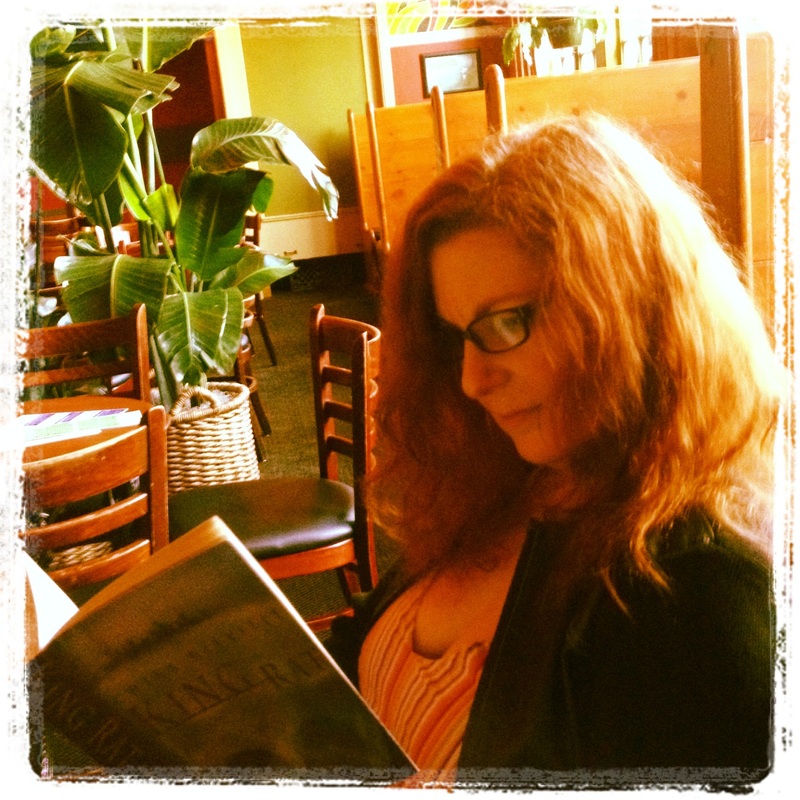
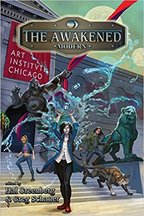
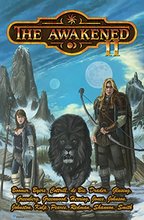

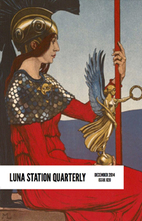
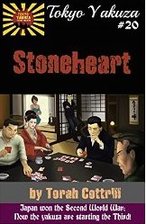

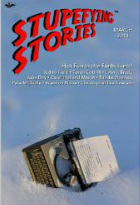
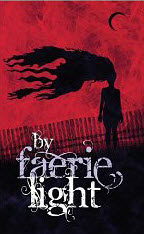
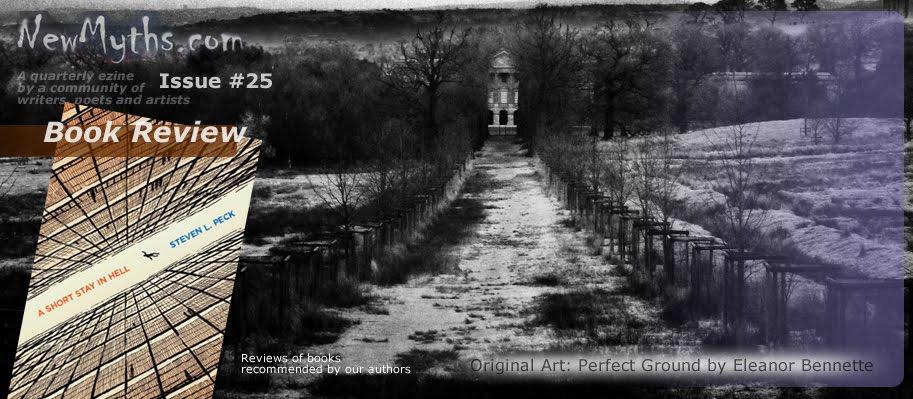

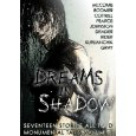


 RSS Feed
RSS Feed
